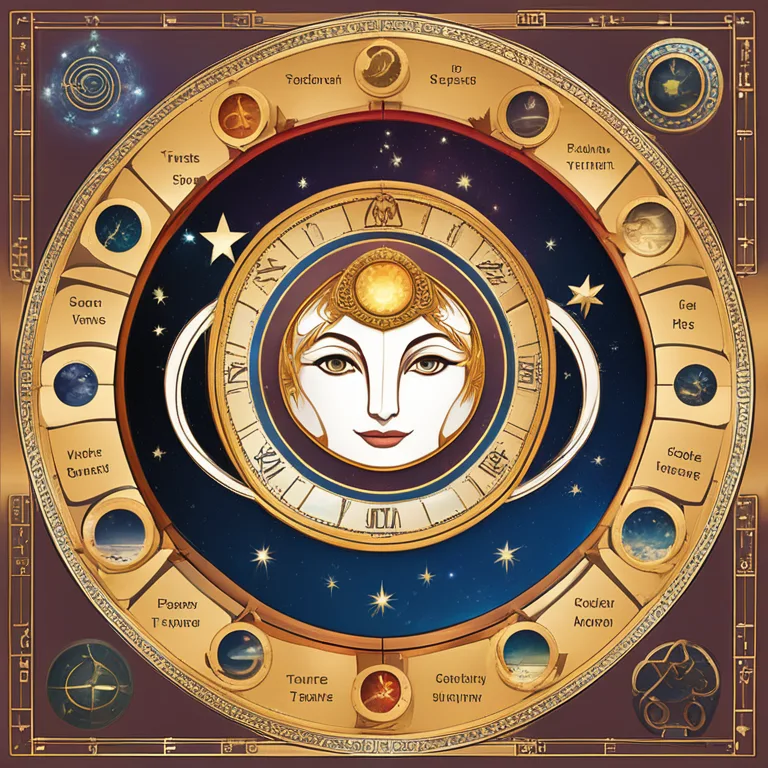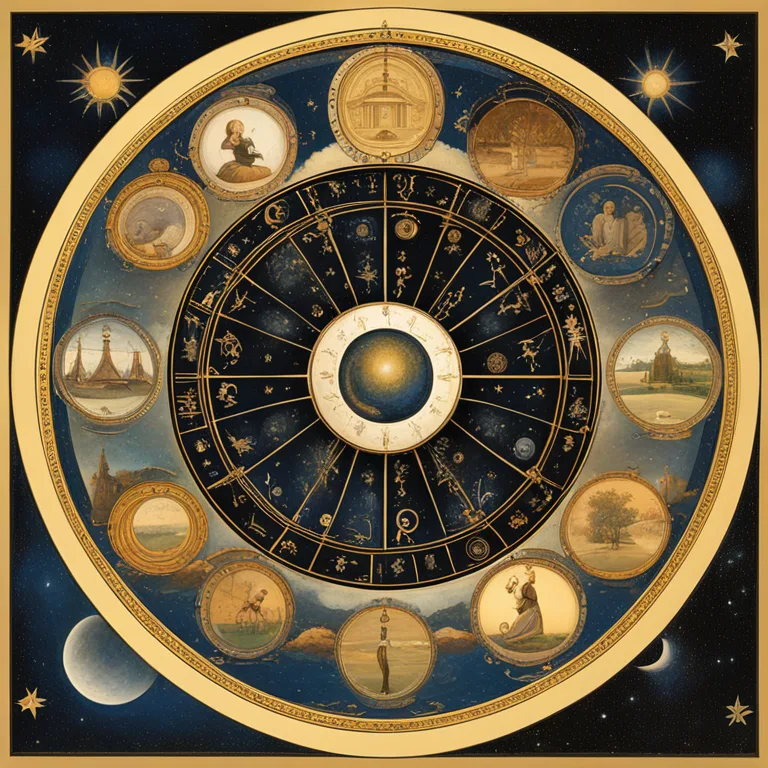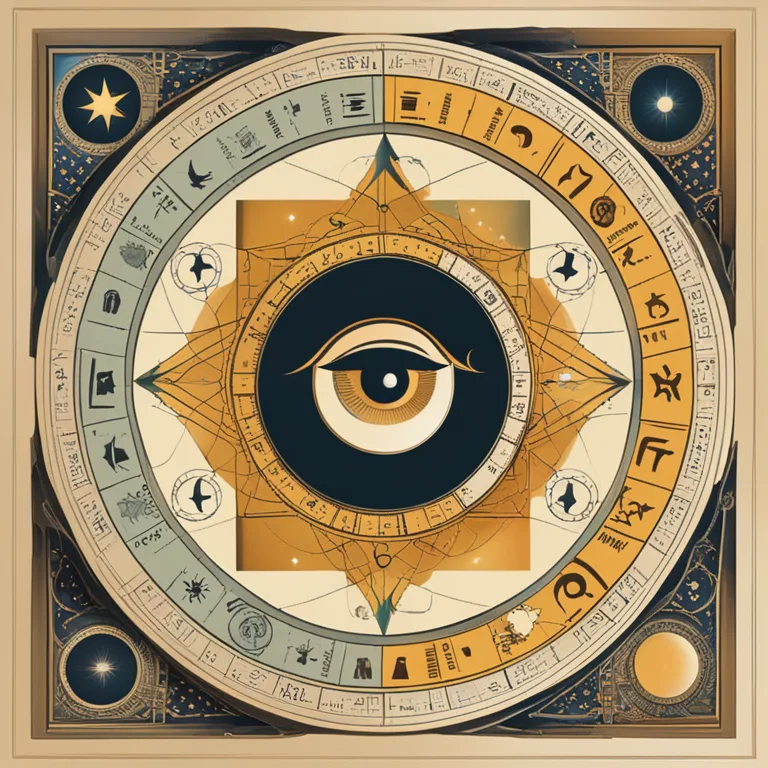
Astrology Meets Psychology: A Symbiotic Relationship
Delve into the captivating intersection of astrology and psychology, examining how these two distinct fields intertwine to provide insight into the human psyche.
article by Priya Deshmukh
Astrological Foundations in Psychological Terrain
Astrology, the ancient practice of interpreting celestial patterns to glean insight into personal characteristics and predict future events, resonates deeply with layers of psychological understanding. Rooted in symbolism and archetypes, the zodiac signs and planetary alignments provide a language for externalizing inner complexities. The psychological community, while often skeptical, cannot fully dismiss the reflective capacity of astrological frameworks to broaden the scope of self-awareness and self-reflection.

The Zodiac and Personality Typing
Integrating astrology with psychology offers a nuanced typecasting mechanism through the zodiac. Horoscopes for 2024 and beyond continue to employ this synergy, linking astrological signs with behavioral tendencies. As a case in point, the assertiveness of an Aries, the stability of a Taurus, or the adaptability of a Gemini may parallel personality constructs found in psychological typologies. While not scientifically substantiated, these associations linger in cultural conversations and personal explorations of identity.

Therapeutic Relevance of Astrological Insight
In therapeutic settings, astrology can serve as a supplementary tool, inviting clients to navigate their introspective journeys through the illustrative power of planetary placements. Astrologers in 2024 foster this merging by recognizing the interplay between an individual's birth chart—a snapshot of the heavens at one's birth—and their mental and emotional makeup. Acknowledging the psychological dimensions of astrology could potentially lead to more holistic approaches in therapeutic practices.

Predictive Astrology and Coping Strategies
Predictive aspects of astrology often align with psychological coping strategies, offering comfort during times of uncertainty. Despite lacking empirical support, horoscope forecasts suggest possible future scenarios that can inadvertently prompt individuals to reflect on potential life choices and direction. Looking ahead to 2024, astrological forecasts aim to empower readers, giving them a sense of agency and preparedness when facing the unknown.

Resonance and Reflection in Modern Astrology
The current inclination toward mindfulness and self-reflection has found an ally in astrology. The personalized horoscope is not merely a set of predictions but a mirror for personal rumination. As we progress through 2024, the correlation between planetary transits and psychological shifts remains a poignant theme for both casual enthusiasts and avid followers alike, suggesting a powerful resonance that transcends empirical bounds.
Criticisms and Challenges in Integration
Astrology and psychology's union is not without its criticisms. The scientific community demands evidence-based approaches, and although psychological principles are grounded in research, astrology's empirical evidence is thin. This disparity creates a contentious crossroads, challenging astrology enthusiasts to confront the subjective nature versus the objective aspirations of their craft.
Future Directions: AstroPsychology
As we look to the stars for guidance, the interrelationship between astrology and psychology, or 'AstroPsychology,' promises an evocative frontier for self-discovery. The dynamic of these two fields invites the courageous to contemplate the cosmos within, forging a path of insight as certainly enigmatic as it is eerily apt. Astrological practices in 2024 might increasingly infuse psychological wisdom, bridging ancient traditions with modern self-understanding.
Published: 12/29/2023
Modified: 12/29/2023
More predictions
Come back here soon to learn more about yourself and your future


Unlocking The Impact of Astrological Transits
Gain insights into the dynamic realm of astrological transits and how they influence personal horoscopes and life events.


The Influence of Birth Date on Your Astrological Profile
Discover how your birth date shapes your astrological sign, personality traits, and cosmic destiny in the astrological realm.


Predicting Pregnancy Timings with Astrology
Discover how astrology potentially offers insights into the best times for conceiving and pregnancy-related predictions in this intriguing article.